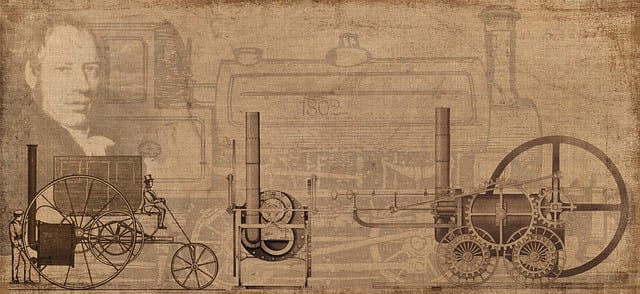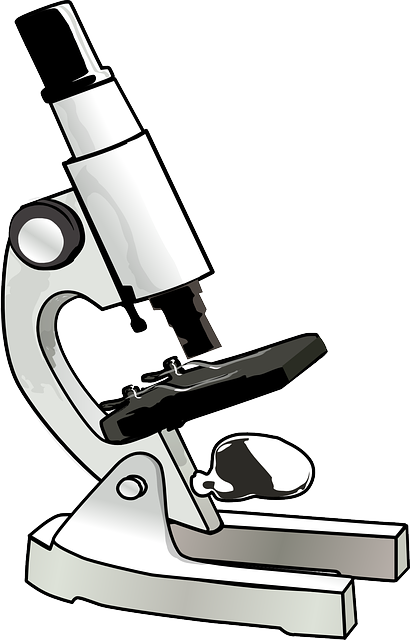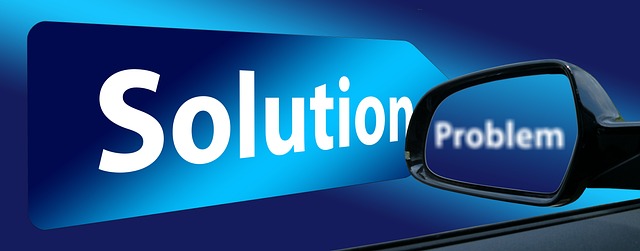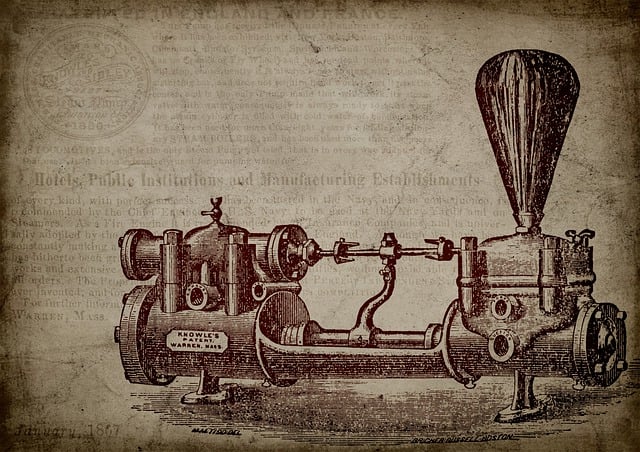In the stringent UK patent documentation process, especially for complex scientific inventions, translation services are indispensable. They ensure accuracy, adhere to language standards, protect inventors' rights, and facilitate smooth application processing. Professional translators skilled in science and technology translate technical documents according to Patent Office requirements, maintaining terminological coherence across all versions to prevent ambiguity. Choosing providers with IP documentation expertise, fluency in source and target languages, and robust quality assurance processes is crucial for successful UK patent applications involving scientific inventions. Strict review processes, including cross-referencing terms using industry glossaries and peer review by subject matter experts, minimize discrepancies. Translation services are pivotal for startups and biotech companies to protect their groundbreaking research, avoiding potential misinterpretations and delays.
In the competitive landscape of scientific invention patents, ensuring accuracy in UK patent documentation is paramount. Minor errors can hinder application success, leading to costly delays and potential rejection by the UK authorities. This article delves into the critical aspects of precise patent documentation, exploring challenges specific to scientific inventions and the pivotal role played by professional translation services. We examine strategies for quality control, key considerations when selecting a provider, best practices for validation, and compelling case studies demonstrating the transformative impact of accurate translations on UK patent outcomes.
- Understanding the Importance of Accuracy in UK Patent Documentation
- Challenges in Scientific Invention Patents and Their Impact on Application Success
- The Role of Professional Translation Services for Accurate Patent Documents
- Ensuring Quality and Consistency in Technical Translations
- Key Considerations When Choosing a Translation Provider for Patents
- Best Practices for Reviewing and Validating Translated Patent Files
- Case Studies: How Accurate Translations Have Affected UK Patent Outcomes
Understanding the Importance of Accuracy in UK Patent Documentation

In the realm of patent documentation, accuracy holds paramount importance, especially within the stringent guidelines of the UK authorities. Each detail, from technical descriptions to claim boundaries, must be meticulously precise to secure a robust patent protection. This is particularly crucial for inventors and researchers embracing scientific inventions, where complex ideas and innovations demand clear articulation.
Translation services play a pivotal role in navigating this intricacy, ensuring that documents are not only accurate but also compliant with UK language standards. Professional translation for patents guarantees that scientific concepts are conveyed precisely, avoiding any potential ambiguity or misinterpretation. This is essential to protect the inventor’s rights and facilitate the efficient processing of patent applications by UK authorities.
Challenges in Scientific Invention Patents and Their Impact on Application Success

Scientific inventions often present unique challenges when it comes to patent documentation, primarily due to their intricate nature and technical jargon. The complexity of scientific concepts can lead to ambiguity if not accurately conveyed in patent applications. This is where translation services for UK patents become invaluable, especially for non-native English speakers. Accurate translations ensure that the innovative aspects and detailed descriptions of these inventions are clearly communicated to the UK authorities.
The impact of such challenges can be significant. Misunderstandings or inadequate explanations may result in rejections or delays in processing, ultimately hindering an inventor’s path to securing their intellectual property rights. Translation errors could lead to critical details being overlooked, potentially weakening the patent’s strength and validity. Therefore, seeking professional translation services is crucial for scientific invention patents to increase the likelihood of successful application approval from UK authorities.
The Role of Professional Translation Services for Accurate Patent Documents

When filing for a patent in the UK, ensuring your documentation is accurate and compliant is paramount to a successful application. One critical aspect often overlooked is the translation process, especially for scientific inventions with complex terminology. Herein lies the significance of professional translation services tailored for UK patents.
These specialized services offer expertise in translating technical documents while adhering to the stringent requirements of the UK Patent Office. Professional translators are well-versed in the field of science and technology, enabling them to convey intricate concepts accurately. They employ industry-specific terminology, ensuring your patent’s validity and clarity. Moreover, translation services can help avoid costly mistakes due to incorrect translations, which might lead to rejections or legal issues down the line.
Ensuring Quality and Consistency in Technical Translations

When filing patent applications with the UK authorities, ensuring accuracy in technical translations is paramount. The precision and clarity of these translations directly impact the success of your patent application. Engaging reputable translation services that specialize in scientific inventions is a strategic step to guarantee quality and consistency throughout the document. These professionals possess the expertise to handle complex terminology and intricate concepts accurately.
Consistency is key when it comes to patent documentation, especially for inventions with global implications. Reputable translation services adhere to industry standards and best practices, ensuring terminological coherence across all language versions. This meticulous approach minimizes ambiguity, reduces the risk of misinterpretation, and strengthens your patent’s validity, making them indispensable partners in navigating the UK patent application process for scientific inventions.
Key Considerations When Choosing a Translation Provider for Patents

When selecting a translation service for patent documents in the UK, especially for scientific inventions, several key considerations come into play. One of the most crucial aspects is ensuring that the provider has extensive experience and expertise in intellectual property (IP) documentation to deliver accurate translations tailored to legal requirements. The translator should be well-versed in both the source and target languages, with a deep understanding of technical jargon and scientific terminology relevant to your invention.
Additionally, it’s essential to verify their translation quality assurance processes. Reputable providers often employ rigorous methods such as peer review, editor checks, and machine translation post-editing to guarantee precision. The ability to handle complex patent drawings and diagrams accurately is another vital skill, ensuring that all visual elements are correctly translated and represented.
Best Practices for Reviewing and Validating Translated Patent Files

When dealing with translated patent files for UK authorities, adherence to meticulous review and validation processes is paramount. Start by ensuring that the translation services for UK patents for scientific inventions are of the highest caliber, leveraging professional translators with specialized expertise in the domain. Verify that they follow uniform terminology and syntax conventions across all documents to maintain consistency.
Double-check the translated files against the original patent documentation for accuracy in technical details, dates, and legal language. Utilize industry-specific glossaries and databases to cross-reference terms, ensuring no discrepancies or misinterpretations. A thorough peer review by subject matter experts can also help identify potential errors or ambiguities, enhancing overall document quality and minimizing risks during the patent examination process.
Case Studies: How Accurate Translations Have Affected UK Patent Outcomes

In the realm of UK patent applications, especially for scientific inventions, accurate translations are not just beneficial; they’re pivotal. Case studies abound that demonstrate how precise translations have significantly influenced the outcomes of patent applications in the UK. One such example involves a biotech startup that sought to protect its groundbreaking research on genetic modifications. Due to meticulous translation services for UK patents for scientific inventions, the company was able to clearly articulate its innovation, avoiding potential misinterpretations that could have hindered its application.
As a result, the UK Patent Office recognized and approved their patent swiftly, setting a precedent for success in the industry. Conversely, another firm encountered challenges when their initial translations were found to contain subtle errors. These oversights led to delays and complexities during the examination process, underscoring the importance of high-quality translation services. This experience prompted them to invest in professional translators, ultimately enhancing their application’s accuracy and expediting its approval.
In ensuring the success of a UK patent application, especially in the domain of scientific inventions, accuracy in documentation is paramount. The complex nature of these innovations demands meticulous translation to convey their essence effectively to the patent authorities. By leveraging professional translation services specialised in scientific patents, inventors can navigate the challenges posed by terminological precision and cultural nuances. This article has explored best practices, key considerations, and case studies highlighting the transformative power of accurate translations on UK patent outcomes. When choosing a translation provider, opt for those with a proven track record in handling scientific patents, ensuring quality, consistency, and adherence to legal terminology—a strategic move that could be the game-changer in your invention’s journey towards protection.
